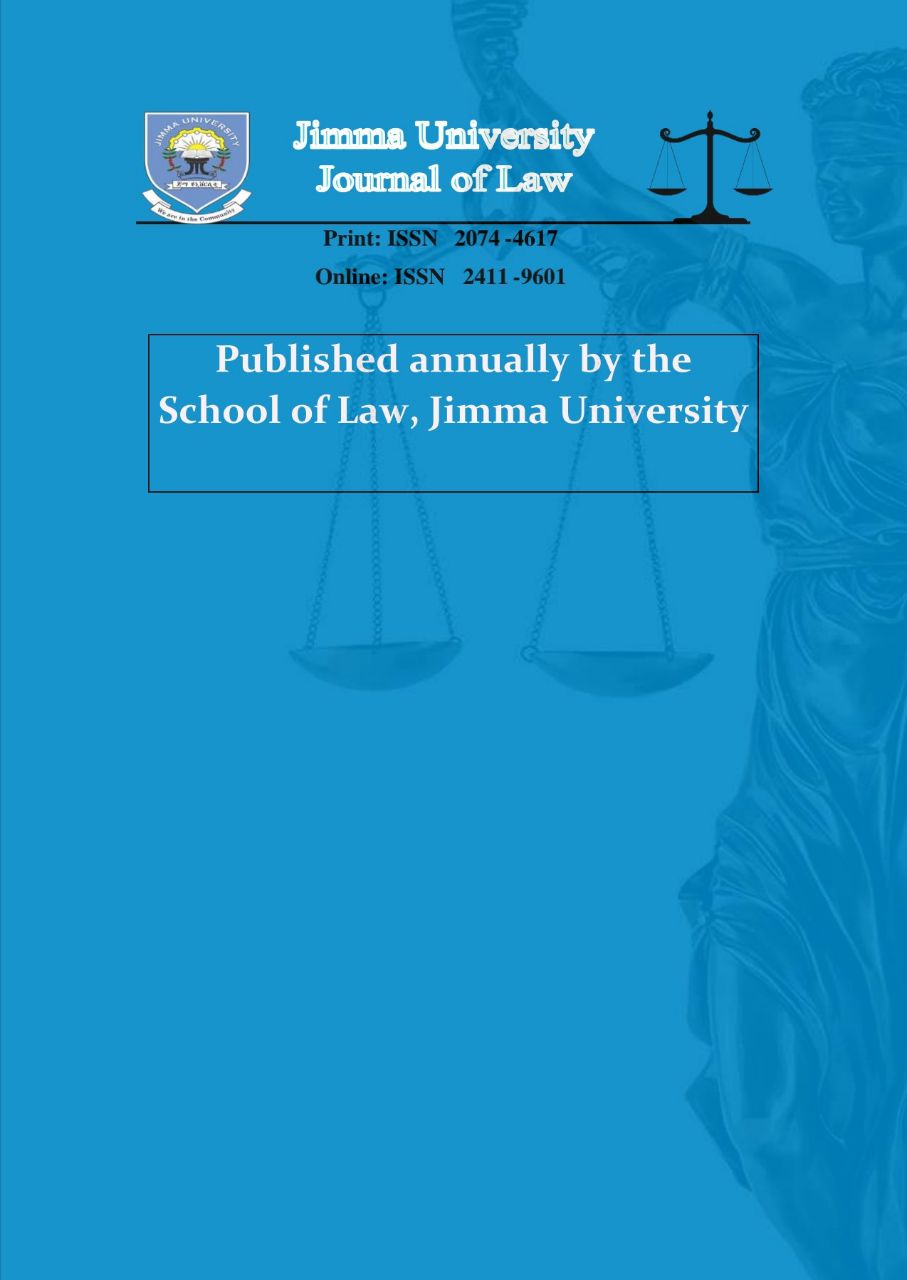The income sources of Civil Society Organizations (CSOS) under the Ethiopian CSO laws: a lesson drawing analysis
Abstract
Civil society organizations (CSOs) can raise income from diverse sources, which, basically can be categorized as businesses, passive investments and non-trading. This article seeks to examine the nature and regulation of these income sources under the CSO laws of Ethiopia. Employing the doctrinal legal research method, the article argues that though the existing legal framework attempts to play its social role through relaxing the income generating activities of CSOs, it also suffers with several shortcomings. To name the main ones: the way CSOs are allowed to engage in business activities is not sufficiently considerate of competing interests; no adequate place is given for differential treatment approach; and there are also legal gaps, with potential practical difficulties, regarding the non-trading income sources of CSOs. The CSOs Proclamation has to be redrafted in light of these. Otherwise, the subsequent enabling regulation and directives should be framed in a way to counter the concerns, through the lens of best practices available in other jurisdictions.




